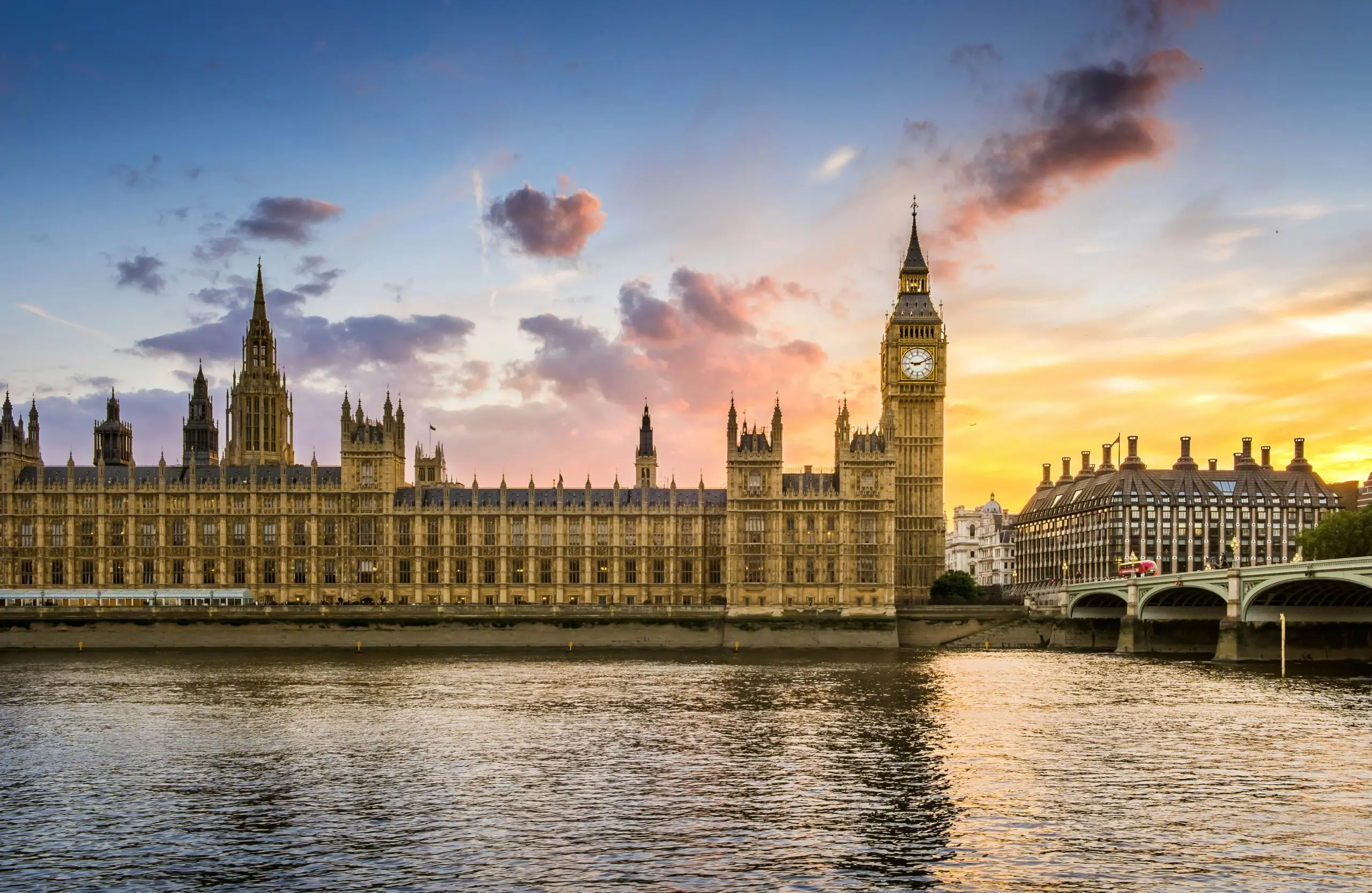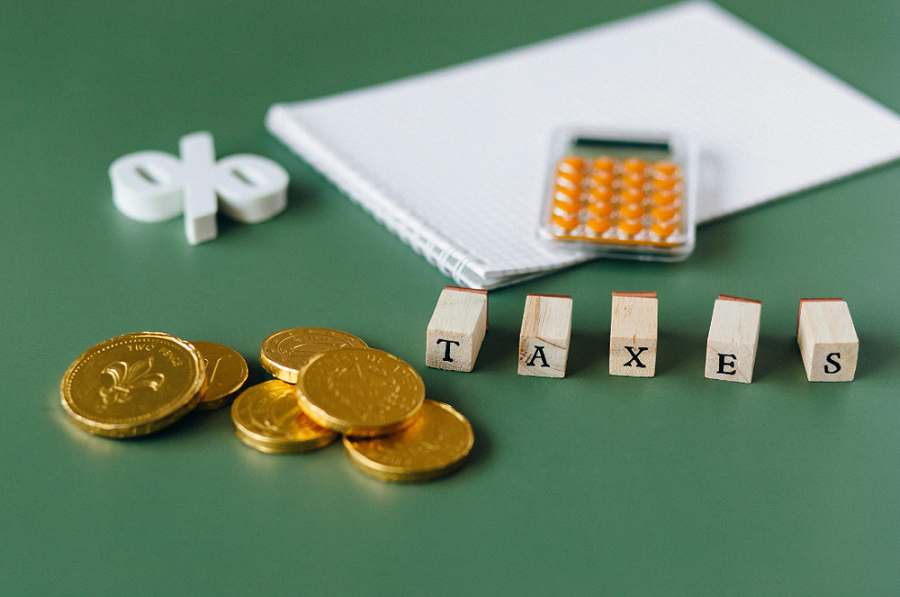
24th July 2025
Why it pays to pay tax on time
Late payment interest is charged automatically when tax isn’t paid on time, running from the date payment was due until the date payment is made. The rate of interest charged by HMRC has increased significantly since 6 April 2025.

How and when interest is decided:
HMRC charges interest at the Bank of England (BOE) base rate plus a set percentage. For most taxes, interest has jumped from BOE base rate plus 2.5%, to BOE plus 4%, with effect from 6 April 2025. The rate also increased where quarterly instalments of Corporation Tax are paid late, rising from BOE base rate plus 1%, to BOE base rate plus 2.5%. From 28 May 2025, the current late payment interest rate for taxes such as Income Tax, Capital Gains Tax and National Insurance contributions is 8.25%.
The Bank of England makes a decision on interest rate every six weeks, with the next decisions expected on 7 August 2025 and 18 September 2025. If it decides to increase or decrease the rate at these meetings, this will then also impact the rate charged by HMRC.
Other issues:
If tax is paid late, interest isn’t the only problem. HMRC also charges penalties for late payment. Under the rules for Income Tax self assessment, there are penalties of 5% of the tax unpaid at 30 days, six months and 12 months. Late payment penalties are different for VAT and Making Tax Digital for Income Tax, and penalties here were increased at the Spring Statement 2025.
Tip: If you are having difficulty paying tax on time, check if you are eligible to set up a Time to Pay (TTP) arrangement with HMRC. If you meet the conditions, TTP should allow you to pay in instalments based on your own individual circumstances. Though late payment interest will still be due, you should avoid late payment penalties if TTP is arranged before the date that the first late payment penalty would have been charged. Take early action if there’s a tax bill you don’t think you can settle in full.
Changes to the interest rate mean that the days when businesses could think of late payment of the tax bill as an informal source of cheap, short-term credit are very much in the past. The government is keen to close the tax gap, and is using the new late payment interest rate as a way to drive up prompt payment. Paying tax on time is no longer just a case of doing the right thing: it makes good commercial sense as well.





